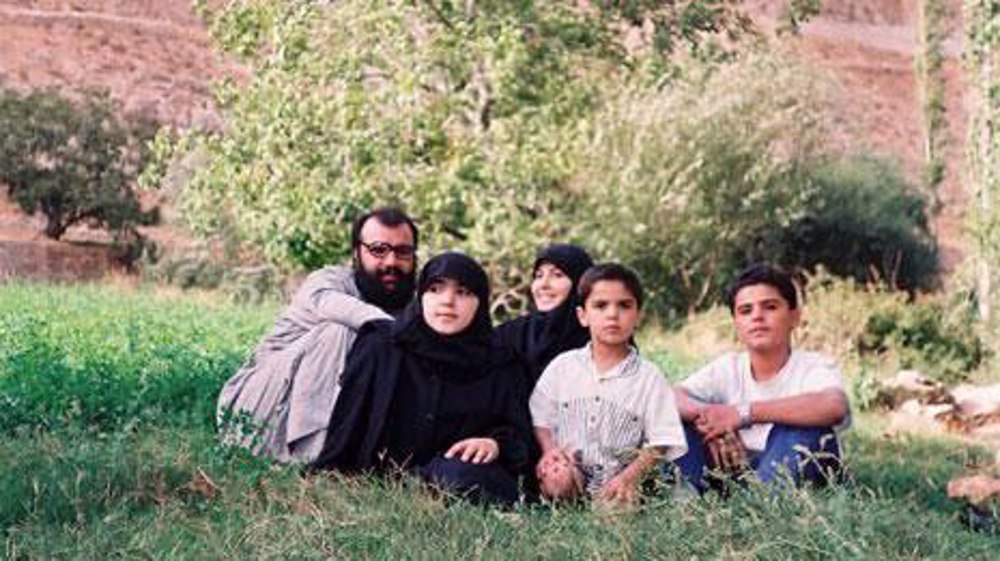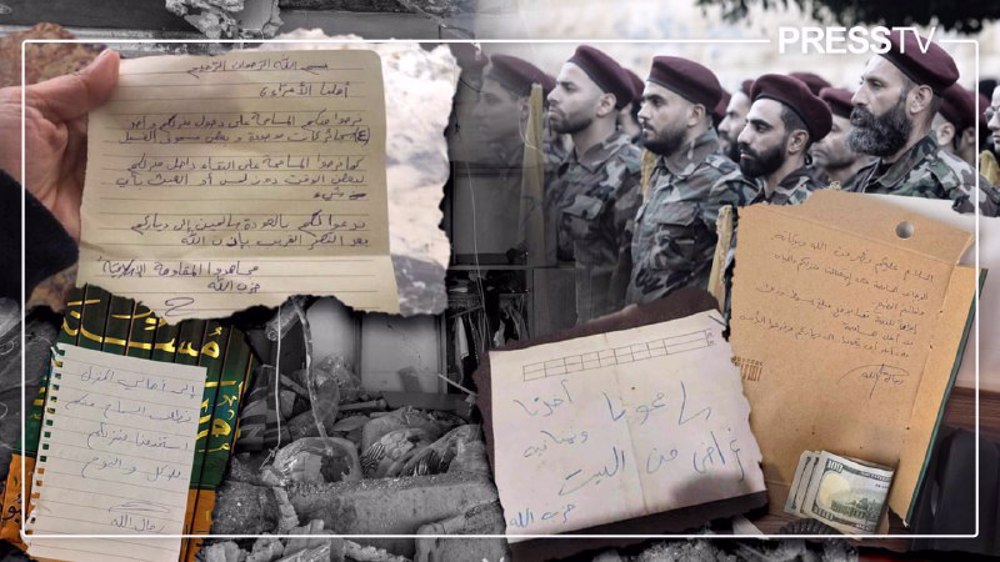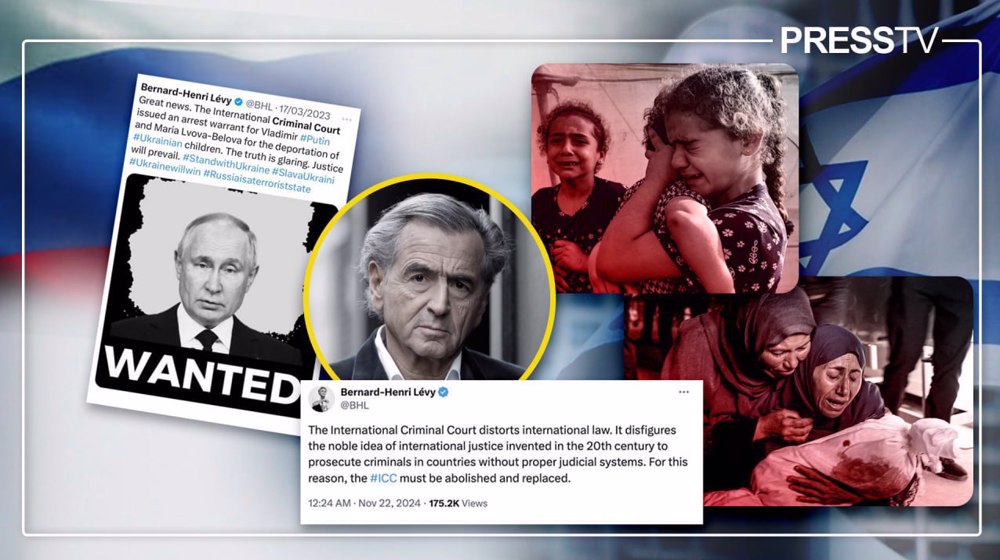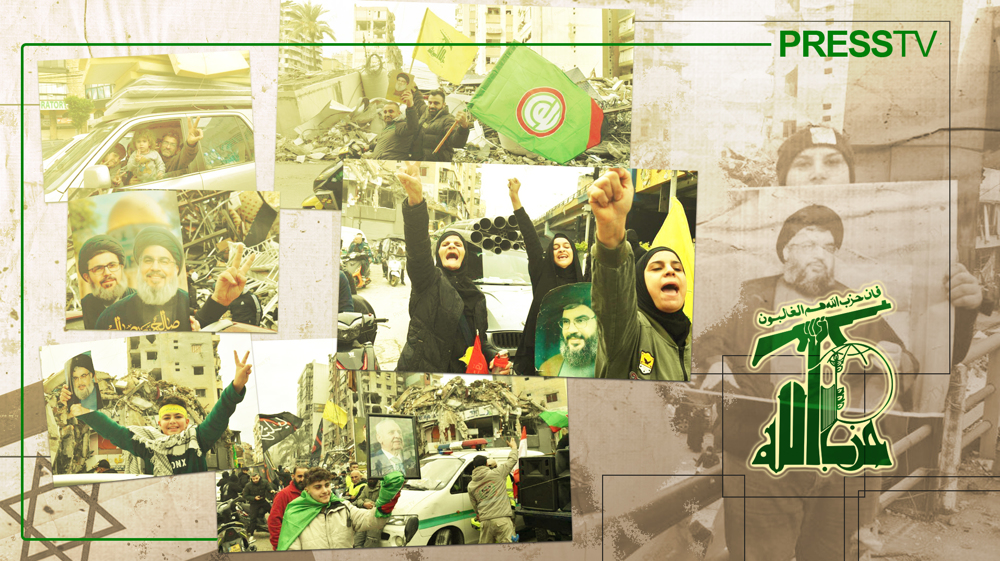Sayyed Abbas Moussawi: A resistance leader, altruist, family man
By Hiba Morad
On May 14, 1948, David Ben-Gurion, the then-head of the Jewish Agency, declared the establishment of the so-called “State of Israel”, which people and international bodies unanimously refused to recognize, instead dubbing it an "apartheid regime".
Then-US President Harry S. Truman, though, took a different and unpopular stance by recognizing the illegitimate entity.
Over the years, the apartheid regime tightened its illegal occupation of Palestine and perpetuated the worst form of violence in the occupied territories and the wider region.
It fought against and killed tens of thousands of Palestinians and Lebanese who refused to accept its illegal occupation and apartheid, including top leaders of the resistance axis.
One of them was Sayyed Abbas Moussawi, an influential religious and political leader in Lebanon. The co-founder and Secretary General of the Hezbollah resistance movement was assassinated in an Israeli strike on February 16, 1992, in southern Lebanon, along with his wife, five-year-old son, and four guards.
A famed military strategist and revolutionary figure, Moussawi rose through the ranks to become the Hezbollah resistance movement's Secretary General in April 1991
Being a Hezbollah member means belonging to a transnational mindset. It means to believe in nation-state transcendence, interdependence and cooperation between peoples and nations of all ethnic groups, religions, colors, and backgrounds.
The massively popular resistance movement rejects values and thoughts that include apartheid, colonialism, and imperialism.
Moussawi belonged to this school of resistance and so does his worthy successor Sayyed Hassan Nasrallah.
Palestine the main cause
In an exclusive interview with the Press TV website, his sister Hanaa said Moussawi considered Palestine "as the primary cause of the Muslim world" and saw the resistance as a "transnational movement that can’t only operate in one battlefield".
“He believed in spiritual transcendence in the materialistic and modern world, and part of that was to support any oppressed peoples across the world,” she noted.
His daughter, Batoul, speaking to the Press TV website said Moussawi was deeply concerned about the affairs of Muslims worldwide and even vulnerable and weak non-Muslims, mainly the oppressed people of Palestine.
“His dream was to see Palestine liberated, and Palestinian people living in peace and dignity and Lebanon without any trace of occupation or apartheid,” Batoul said.
She also stressed that her father had a firm belief that the resistance will "never die" until the complete liberation of the occupied lands.
“His main goal in life was the liberation of al-Aqsa mosque and bringing the Israeli apartheid regime to an end,” Batoul said.
A leader to everyone
The former Hezbollah chief was a "giver", someone who liked to help people, irrespective of who the beneficiary was.
“He was caring and loving toward all those around him and was always keen on helping others,” Batoul said, adding that “serving people" was of great importance to him.
Moussawi lived a simple life, and was filled with enormous knowledge and love to spread around and believed that was his "true wealth", his family members said.
“My father would boost the morale of everyone around him. Anywhere he would go, he would share his knowledge about mercy and divine love,” Batoul told the Press TV website.
“He was a modest person, never after materialistic pursuits."
A loving father, family man
Despite being the leading resistance figure in Lebanon, as the Secretary General of Hezbollah, Moussawi always had time for his family, and fulfilled his role as a father to perfection, Batoul said.
“My father would always make sure we spend quality time together, he would play with us, take us out on picnics, and offer valuable advice on all matters,” she said.
“He taught us that religion is a way of life to teach you how to love and do good to the world. I learned a lot from my father, I learned how to love and sacrifice. He taught me that we should remain steadfast in the face of obstacles and hardships.”
According to his daughter, the former Hezbollah leader was a "warm-hearted person" and taught everyone that human values form the essence of Islamic Shia thought to which he belonged.
“He is a role model not only to me but to so many others like me. He taught me how to be a true and selfless human being. I will make sure to preach and practice his legacy.”
Respect for women
Batoul told the Press TV website that her father was also a caring husband and father.
“He had tremendous respect for my mother and believed that a woman is a human being, a mother, and someone who should be active in society. She was a teacher, and my father would support her all the time,” she said.
Batoul further said that her father believed that a woman enjoys a high status in Islam and the Quran and deserves a high degree of respect.
“He would encourage my mother to study, to be active, and to pursue what she loves and thinks is right. Their relationship was really special. It was a healthy relationship full of mutual love, respect, and support,” she said.
Batoul, who is a teacher and active in society today in Lebanon, has a daughter who she wants to raise on the same values.
“I, as a woman, am what I am today because of him," she said, paying tribute to" the father and the leader" on his 31st martyrdom anniversary.
Hiba Morad is a Tehran-based academic and political analyst, currently pursuing a PhD in linguistics at the University of Tehran.
League of Historical Cities accepts Iran’s Mashhad as member
Syrian army says prepping for major counteroffensive in Aleppo
Iran condemns terrorist attack on its consulate in Syria
Iran seeks justice for victims over Germany's role in Iraqi chemical attacks
Israeli strike on south Lebanon wounds three people, including child: Health Ministry
Israel targets World Central Kitchen convoy in Gaza, killing 3 aid workers
VIDEO | International Day of Solidarity with the Palestinian People
‘Forgive us’: Heartfelt notes Hezbollah fighters left in south Lebanon homes










 This makes it easy to access the Press TV website
This makes it easy to access the Press TV website